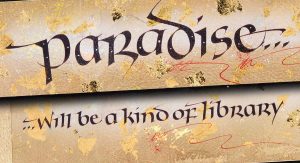Words, when carefully chosen, have the ability to evoke emotions, inspire action, and change the world. The artistry of words lies not only in their meanings but in the way they are crafted to move hearts and minds. Just as an artist uses brush strokes to create a masterpiece, a well-crafted sentence can paint emotions and ideas that linger long after they’ve been read or spoken.
Take, for instance, the words of the legendary writer Mark Twain:
“The right word may be effective, but no word was ever as effective as a rightly timed pause.”
Twain, known for his wit and insight, reminds us of the power not just in the words themselves, but in their delivery. It’s not what you say; it’s how and when you say it. Imagine a stand-up comedian who delivers the punchline without the perfect pause – the joke would fall flat. Similarly, in life, knowing when to speak and when to listen is key to impactful communication.
Great orators throughout history understood this artistry. Martin Luther King Jr.’s “I Have a Dream” speech wasn’t just about the words themselves but the rhythm and emotional weight they carried. The careful crafting of those words painted a vision of equality and justice that still resonates today.
In a more light-hearted vein, humorist Dorothy Parker knew how to twist language for a good laugh:
“If you want to know what God thinks of money, just look at the people he gave it to.”
Her clever wordplay and biting wit transformed mundane subjects into timeless nuggets of wisdom. The artistry of words isn’t just about sounding serious or poetic—it can be fun, witty, and endlessly creative. Words are powerful tools, and like any artist, the one who wields them well has the ability to change the world or, at the very least, brighten someone’s day.




